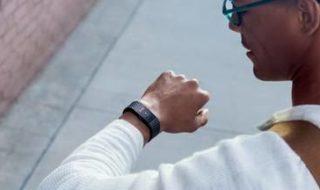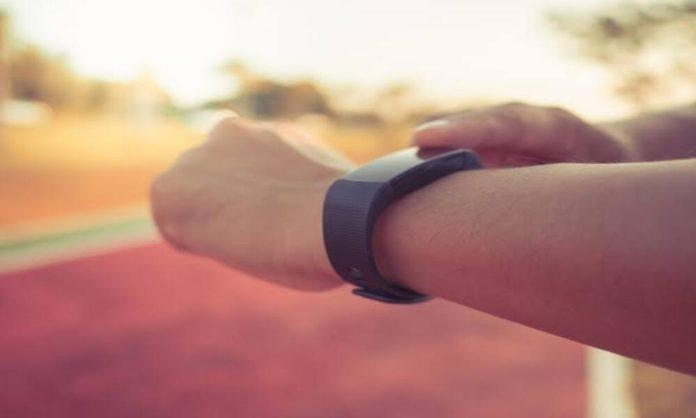According to a recent study published in the journal Heart Rhythm, scientists have discovered a potential problem associated with wearable devices’ bioimpedance. Meanwhile, researchers suggest that further studies are needed to better understand the effects on patients.
The use of wearable devices has become inevitable over recent years, to monitor health activities such as heart rate and blood pressure. However, with such trackers, the chances of impedance between the tracker and the functioning of cardiac implantable electronic devices are more likely pacemakers, implantable cardioverter defibrillators, and cardiac resynchronization therapy devices.
Bioimpedance Sensing Technology
Bioimpedance sensing technology emits a small, imperceptible current of electricity (microamps) into the body. Later the electrical current flows through the body, and the response is measured by the sensor to determine the person’s body composition (i.e., skeletal muscle mass or fat mass), level of stress, or vital signs, such as breathing rate.

Read More: realm Increases Its R&D Funding To Support Ever-Famous Charging Technology
“Bioimpedance sensing generated an electrical interference that exceeded Food and Drug Administration-accepted guidelines and interfered with proper CIED functioning,” says lead investigator Benjamin Sanchez Terrones, Ph.D., Department of Electrical and Computer Engineering, University of Utah, Salt Lake City, UT, USA.
“We have patients who depend on pacemakers to live,” said Benjamin Steinberg, a cardiac electrophysiologist who co-authored the study. “If the pacemaker gets confused by interference, it could stop working during the duration that it is confused. If that interference is for a prolonged time, the patient could pass out or worse.”
Read More: Amazon’s Self-Driving Robotaxi: Here’s What You Need To Know
Further adding, “The results, determined through careful simulations and benchtop testing, do not convey an immediate or clear risk to patients who wear the trackers, but the different levels emitted could result in pacing interruptions or unnecessary shocks to the heart. Our findings call for future clinical studies examining patients with CIEDs and wearables.”
Stay tuned to Brandsynario for the latest news and updates.









































